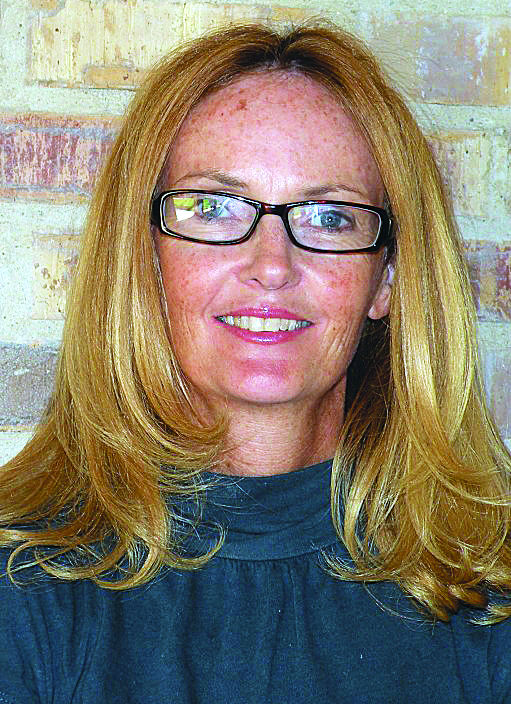If you’ve ever seen a night sky in the desert, the stars and heavenly bodies fill the blackness with hardly any space between. It is a show of light and vastness that astounds and touches even the most indifferent souls.
These stars are always there, but only visible to Earth bound humans when we are out on a clear night miles and miles from any man-made light distraction. This environment is coveted by astronomers and known as “dark sky.”
Sure we can go out to the countryside and see some nice stars, but a high elevation desert sky, hundreds of miles from the nearest city, is star-watching on steroids. I recently had the opportunity to observe this incredible display of high galaxy visibility at one of the darkest sky environments in the U.S. — the McDonald Observatory in West Texas.
We gathered with other families for a chilly March sunset, at over 6,700 ft above sea-level, on a peak of the Davis Mountains. As we made our way up to an outdoor amphitheater, the sky darkened.
There were only a few dim paper-covered red lights facing downward to give us a bit of visibility in order to find the paths to the giant telescopes scattered over the mountaintop. It was dark — so dark we couldn’t see each other and I held on tight to my daughter’s hand.
As our eyes adjusted, the first points of light, not stars but planets, appeared in the dome sky around us. First Venus, then Jupiter and Mars, followed by thousands, then billions of points of light. By 9:00 pm the brilliance of the universe was overwhelming.
Looking through the telescopes at thousand-year-old light, the scientists explained to us that the clusters filling the view in the telescopes were actually just a zoomed in part of one dot of light on one constellation in one tiny corner of one galaxy in the sky (in this case one point of the Orion constellation). It gave me chills to think about how tiny and insignificant we are.
Our planet and all its people are like a tiny speck on a tiny grain of sand in a huge desert. It might be overwhelming and scary to feel so small, but it actually brought us all together on the top of that mountain, although strangers when we first arrived.
After all, knowing how amazing it is that we exist at all should really connect us as humans in our shared experience and awe of the universe in a way we would be connected to another person if stranded on a tiny island.
Looking up and out should create a greater commitment to our survival as a species.
Humans have been gazing at these same skies since the dawn of our existence on this relatively young, tiny planet.
Even before Galileo, nomads and shepherds sat around fires at night looking for patterns in the heavens above. We have a need to know our significance and purpose, but it is also freeing to realize that we are part of something much bigger than the worries and problems we face each day. Whether or not you believe in a higher power, there is no denying the awesome vastness of the universe, and accepting that we understand very little about it.
My time observing the sky in the mountains of West Texas helped me appreciate how priceless is this living body I have been given, and what a privilege it is to live on this planet. While this relatively tiny corner of the vast sky can feel insignificant, it is also a reminder that humans are part of something much greater. My usual time spent planning, worrying, feeling inadequate, defensive or resentful seems absolutely ridiculous in light of my tiny place in space. Rather, the ability to breathe oxygen, grow food, move, hear, see, love, share and create is a gift and should be cherished during my brief time on this earth. It should furthermore move me to care for my home planet since it has provided me the perfect combination of matter and oxygen to stay alive and for my body, in its delicate complexity.
In fact, perhaps if we all focused our gaze above to the night sky more often, we humans would be able to look back down at one another and be more supportive of our species on this fragile island planet.
The so-called differences among us that cause wars, disease, hunger, unhealthy habits and destruction of our bodies and our environment, are fueled by our selfish need to possess, control and feel superior to our neighboring humans.
Our human bodies, time limited as they are, are the vehicle to experience all the wonder that we are part of and caring for all humanity and our home Earth should be our life work.
The eternal night sky can remind us that in the vastness of the universe, all we really have is each other. Tu Salud ¡Si Cuenta! (Your Health Matters!)




